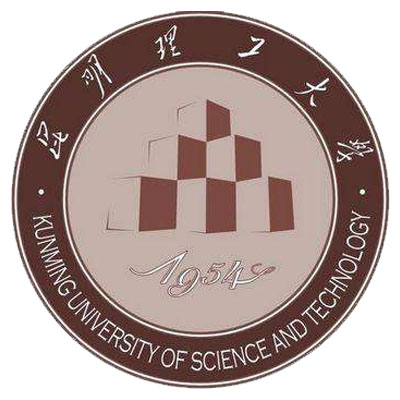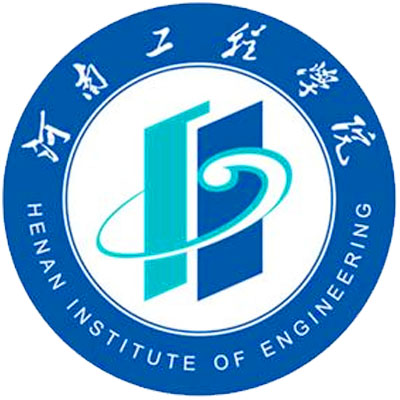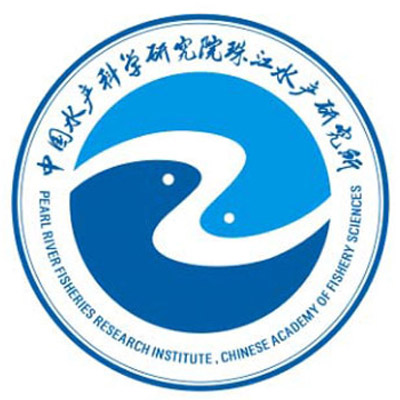美國賓夕法尼亞大學2025年博士后招聘(遺傳學、發育與分子生物學)
Postdoctoral Fellow in Genetics, Developmental and Molecular Biology
Employer
University of Pennsylvania
Location
Philadelphia
Salary
Current NIH Rate
Faculty Jobs
Professional Fields, Veterinary Science, Science & Technology, Chemistry & Biochemistry, Life Sciences
Position Type
Postdoc
Employment Type
Full Time
Institution Type
Four-Year Institution
Job Details
Modzelewski Lab (The Modz Lab) at the University of Pennsylvania Department of Biomedical Sciences School of Veterinary Medicine is recruiting Postdoctoral researcher(s) to join a new NIH-NIGMS, Beckman, Searle and Packard funded project. Our work focuses on the exciting and emerging role of retrotransposons in early development (and beyond). We are looking at how retrotransposons impact reproduction and preimplantation development in mice but with comparative biology studies using various placental mammalian species to learn about human health, reproduction and disease of aging and cancer.
The lab has two major but linked focuses:
Developmental Biology and Genome Editing.
Almost 50% of all mammalian genomes originate from ancient integrations of viruses and repetitive elements. While silenced in nearly all cells, "Retrotransposon Reactivation" is a well-known but poorly characterized phenomenon in preimplantation embryos. Many retrotransposons have retained regulatory and structural features that can influence nearby genes. In the embryo, these events are transient and span less than a cell cycle (12-24 hours). Our primary goal is to understand their cis-regulatory impact on nearby genes and how this promotes development. A subset of these retrotransposons splice with nearby protein coding genes, generating embryo and species specific "chimeric transcripts" that form hundreds of novel promoters, exons and polyadenylation sites that alter the canonical functions of the impacted gene.(For more postdoctoral recruitment information, visit:boshihoujob.com) Retrotransposon deletions made in the lab have led to arrested global protein synthesis, cell fate specification errors, stress induced arrest, fertilization failure and infertility, embryonic lethality and improper implantation that resembles human pregnancy complications (Cell 2021, Nature Cell Biology 2022, Trends in Genetics 2024). Our goal is to understand the phenomenon of Retrotransposon reactivation in the developing embryo and germline where it is intentional and essential, to then translate this knowledge during instances where reactivation is unintentional and makes a bad situation worse, as is observed during the epigenetic breakdown that occurs during aging, disease and especially cancer. This highly collaborative project adapts proteomics, genetics, bioinformatics and CRISPR/Cas9 editing to reveal this overlooked but essential form of retrotransposons-based regulation in development, fertility, and disease.
As no current cell culture system faithfully represents the preimplantation development, most of the research stage must be done directly in the embryo and in vivo. Even with the advent of CRISPR/Cas9 gene editing, generating mouse models is cost prohibitive and largely inaccessible. To circumvent this, we developed a highly efficient electroporation-based editing technique called CRISPR-EZ (CRISPR Electroporation of Zygotes). We showed that CRISPR-EZ is at least 3-4x more efficient than the gold standard of microinjection, is inexpensive, works in all species tested, and can be mastered quickly, making this technology uniquely accessible to many academic labs (JOVE 2022, Nature Protocols 2018, JBC 2016). Despite these breakthroughs, there is still room to improve (larger insertions, deletions and sophisticated model designs). Current efforts include the use of AAV, LNPs, CRISPRa/i (activation/interference), and humanized models to study conserved developmental regulatory networks.
Qualifications:
PhD degree in biological sciences as well as biochemistry, bioengineering, biostatistics, computational, etc.
We encourage applicants with experience in developmental biology and/or non-coding RNAs, stem cells, genome editing, and bioinformatics
Ideal candidate should be highly motivated and passionate about biology, reproduction development, and potential disease applications.
Application Documents: (Only complete applications will be considered)
CV or NIH BioSketch
Contact information for 2-3 references
Cover Letter detailing interest and experience
Interested applicants are invited to submit their application documents directly to Dr. Modzelewski at amodz@upenn.edu.
Copyright ©2025 Jobelephant.com Inc. All rights reserved.
Posted by the FREE value-added recruitment advertising agency
jeid-97a142b542f5fe4ab976c846a6f94eb8
為防止簡歷投遞丟失請抄送一份至:boshijob@126.com(郵件標題格式:應聘職位名稱+姓名+學歷+專業+中國博士人才網)
中國-博士人才網發布
聲明提示:凡本網注明“來源:XXX”的文/圖等稿件,本網轉載出于傳遞更多信息及方便產業探討之目的,并不意味著本站贊同其觀點或證實其內容的真實性,文章內容僅供參考。






















